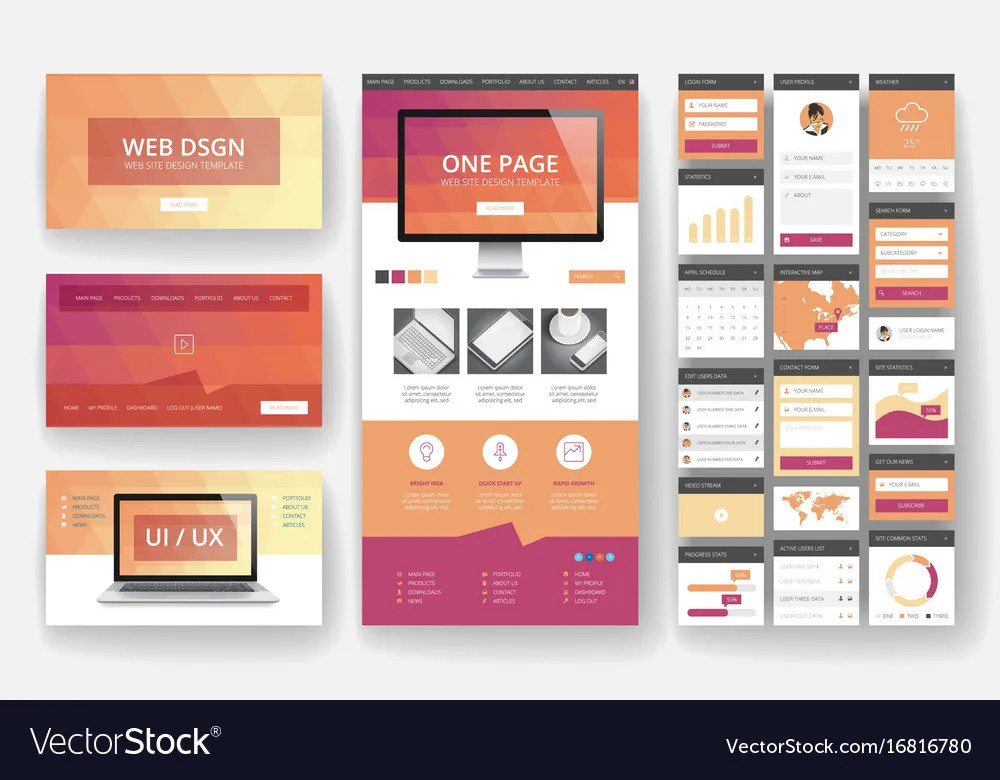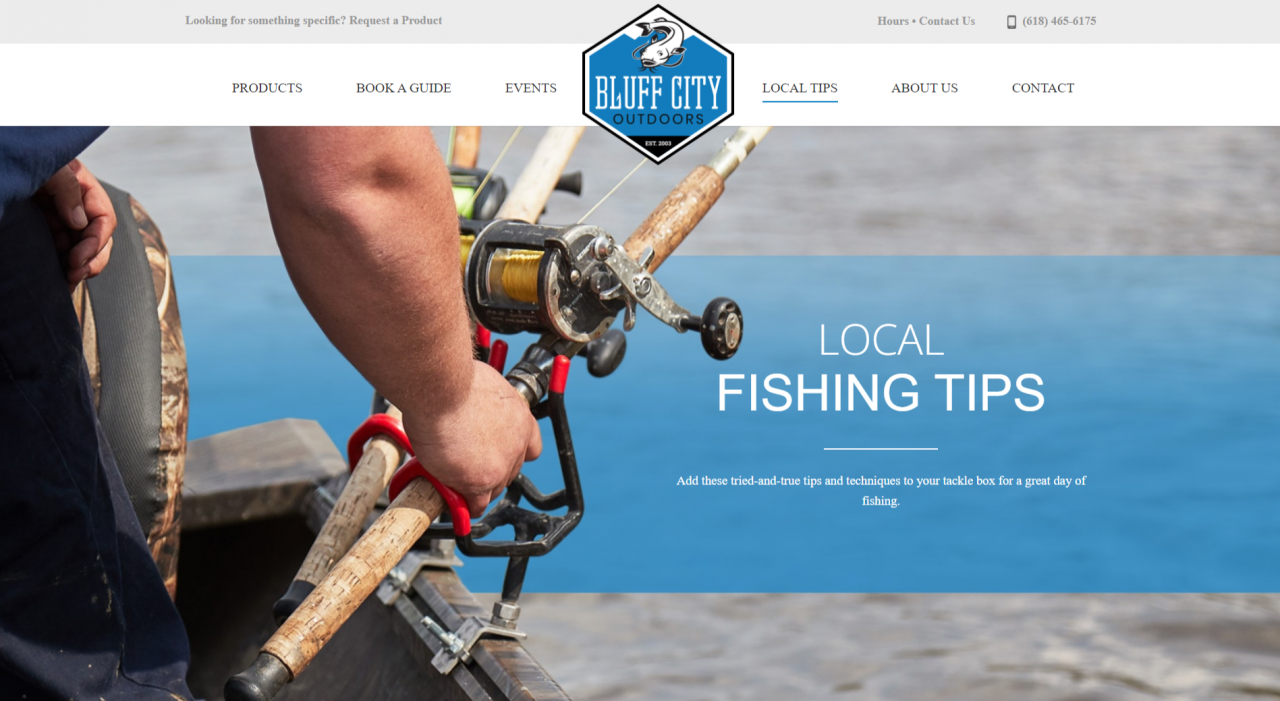Important website elements that small business websites should have
Small business websites, regardless of the industry or niche, should incorporate several essential elements to ensure they effectively communicate with their audience and serve their business needs. Here are some of the most important elements:
Clear Branding: The company's logo should be prominently displayed, and the website's color scheme and typography should align with the business's branding guidelines.
Responsive Design: Ensure that the website is mobile-friendly and displays correctly across different devices and screen sizes.
Easy Navigation: Use a clear, concise menu structure that makes it easy for visitors to find what they're looking for.
Contact Information: Display phone numbers, email addresses, and a physical address (if relevant). Consider adding a "Contact Us" page with a form and a map showing your location.
About Page: Provide background information about the business, its history, mission, values, and team.
Services/Products Page: List and describe the services or products the business offers, ideally with high-quality images.
Testimonials & Reviews: Display positive feedback from satisfied customers to build trust with potential clients.
Call-to-Action (CTA): Use clear CTAs like "Contact Us," "Book Now," "Shop," or "Learn More" to guide visitors towards taking the desired action.
High-Quality Content: Ensure content is well-written, error-free, and offers value to the visitor. Content should also be optimized for search engines (SEO-friendly).
Visual Elements: Use high-quality images, infographics, and videos to break up text and make the site more engaging. Ensure these visuals are optimized for fast loading times.
Footer: Include essential links, contact details, business hours, and social media icons. A newsletter signup could also be placed here.
Blog (if applicable): Regularly updated blogs can establish authority in your field, provide value to visitors, and improve SEO.
Social Media Integration: Provide links or icons that direct visitors to your social media profiles, and consider integrating social media feeds if relevant.
Search Functionality: Especially for sites with a lot of content, a search bar helps users find what they're looking for quickly.
FAQ Section: Address common questions or concerns related to your products, services, or industry.
Newsletter Signup: Capture email addresses for email marketing campaigns.
Security: Ensure the website is secure, especially if handling customer data or transactions. An SSL certificate (indicating the website starts with "https://") is essential.
Fast Load Times: Optimize the site for speed by compressing images, using efficient code, and choosing a reliable hosting provider.
Accessibility Features: Make sure the website is accessible to all users, including those with disabilities, by following web accessibility guidelines.
Analytics Integration: Incorporate tools like Google Analytics to monitor website traffic, user behavior, and other essential metrics.
Clear Policies: If applicable, include pages or sections for terms of service, return policies, privacy policies, and any other necessary legal information.
Remember, the key to a successful small business website is not just to incorporate these elements but to ensure they work cohesively to offer a pleasant user experience and drive the desired actions from visitors.

Important elements of any website that you need to pay attention to - Blog

Important elements that affect the success of the landing page - Blog

16 reasons why your business needs a website - Blog

The importance of small business websites through analysis and statistics by Businessdit - Blog

Brilliant Restaurant Website Designs to Copy in 2023 by WordStream - Blog

How a small fishing equipment store built its brand thanks to its online presence - Blog
When you subscribe to the blog, we will send you an e-mail when there are new updates on the site so you wouldn't miss them.


